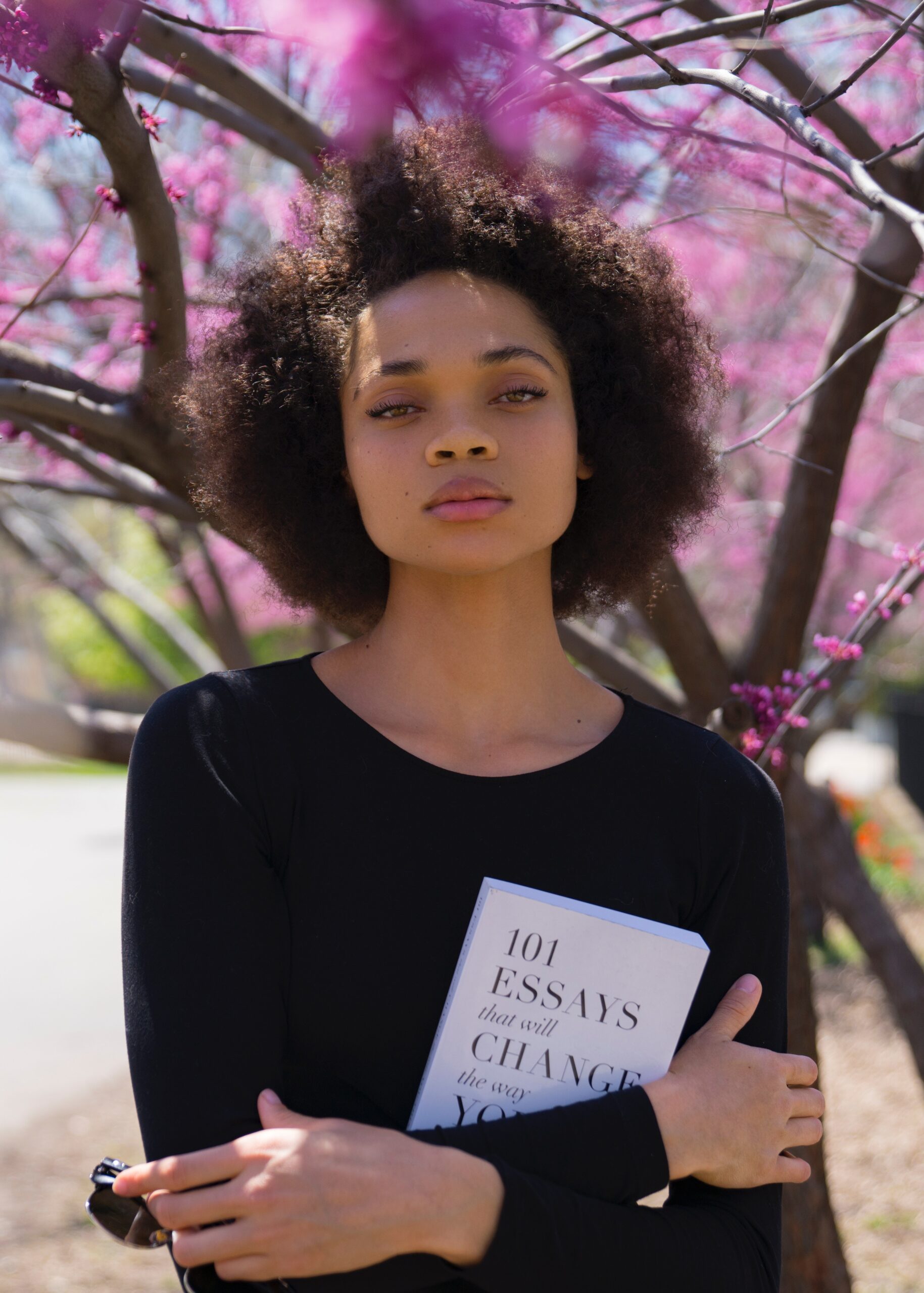
By
It’s been 73 years since Zora Neale Hurston’s essay “What White Publishers Won’t Print,” ran in the Negro Digest. As Hurston explained back in 1950, even though publishing houses “are in business to make money,” they don’t publish “romantic stories” about Black people “because they feel that they know the public indifference to such works, unless the story or play involves racial tension.”
All these years later, people may name-check Toni Morrison and Octavia Butler, but the vast majority of work by Black women authors — romance writers or otherwise — goes unacknowledged.
That’s why New York City-based community leader and book lover Ari Gibbs created Well Read Sistas, a virtual and in-person space where folks can come and support not only established but emerging Black women authors.
We bridge the gap by doing the heavy lifting and looking for who is dropping the books and who is out there.
ARI GIBBS, FOUNDER OF WELL READ SISTAS
“There are other people writing,” Gibbs explains. “Who are they? What are their stories? I think it’s important to be humanized in different ways and have different premises and different genres. There were a lot of slave stories — which are important — but that’s not the only thing Black women are.”
Lately, she’s been recommending Alyssa Cole’s 2020 thriller “When No One Is Watching,” and 2018’s “Black Girls Must Die Exhausted,” the first novel in a trilogy about womanhood and love by Jayne Allen.
“We want to see Black women fall in love, brushing their teeth, fishing,” Gibbs says. “We bridge the gap by doing the heavy lifting and looking for who is dropping the books and who is out there.”
Responding to How Mainstream Publishing Treats Black Authors
According to a diversity in publishing survey by Lee & Low Books, only 5% of books published in 2019 were by Black authors. In 2020, the #PublishingPaidMe trend hit social media to highlight the stark difference in book advances Black authors receive versus white authors. In some cases, Black authors reported receiving significantly less money in book advances than white authors with fewer credentials from the same publishing house.
That’s why since its founding in 2018, Well Read Sistas has remained unapologetic about having a space for and by Black women. “Sistas” is not just part of a catchy brand name but a pillar of the organization.
“We want it to feel Black when you say it. I’m not trying to be shy about what we’re doing. That’s why it’s in the name. It’s a book club for Black women,” Gibbs says.
And with book bans sweeping the nation, Gibbs says she “wanted to proudly and unapologetically set up this space for Black women. It’s important for me to call it a “sistahood” because it is, in fact, that. The basis of it, and what fuels it, and what keeps it going is that we really care about Black women, we really are Black women, and we need this.”
Well Read Sistas has reviewed 65 books, connected with more than 4,000 Black women globally, and strives to aid in not only the professional but personal development of Black women and Black women authors.
To that end, along with the book club, Well Read Sistas hosts “Behind the Pages” author talks and “Sis, You Good?” — a weekly wellness check-in. In February, they also held a “Sip & Read” in collaboration with Afro Punk at Lincoln Center in New York City.
“A lot of the books that I shared on that table at the Sip & Read belong to me,” Gibbs says. They’re from my bookshelf, and I like sharing that with other ladies and seeing how excited they are to have these books.”
Gibbs welcomes Black women authors and readers looking for a space to connect or amplify their work to join her movement. Since surrounding herself with Black women authors and readers, Gibbs says her life has been transformed for the better.
“It helped to give me more purpose in life. It has helped me get to know myself more, appreciate it, and not be ashamed. I’m proud to be myself, flaws and all,” she says.


